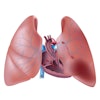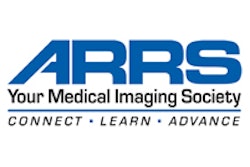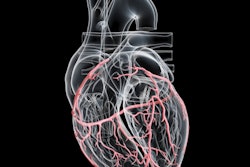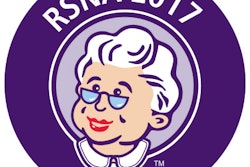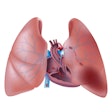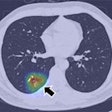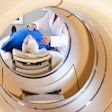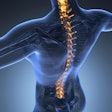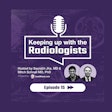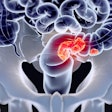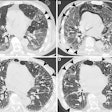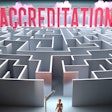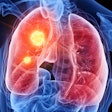Ungated CT plus Agatston calcium scoring is sufficient to clarify an individual's cardiac risk, usually reclassifying them downward compared to guidelines that aren't based on imaging exams, researchers reported at the American Roentgen Ray Society (ARRS) meeting in Toronto.
In the study, more than one-third of individuals assessed to be at risk of cardiac disease based on American College of Cardiology/American Heart Association guidelines had their risk profile downgraded to very low risk as a result of nongated CT calcium scoring, according to the study group from Mount Sinai Medical Center.
"Agatston scoring of coronary artery calcification on routine ungated chest CT has the potential to spare many patients from unnecessary statin therapy," said principal investigator Dr. Michael Kadoch in a statement.
CT data from 139 patients (average age, 62.4 years) without established coronary artery disease who underwent ungated, unenhanced chest CT were available for retrospective analysis. The researchers determined Framingham risk scores and classified the patients according to risk level based on the guidelines. Coronary artery calcium scoring was performed on all ungated chest CT exams using software-based analysis, and the patients' risk was reclassified.
Framingham risk levels were reclassified in 65.5% of patients by the ungated CT scan, the researchers found. More than one-third of the patients were reclassified as very low risk.
